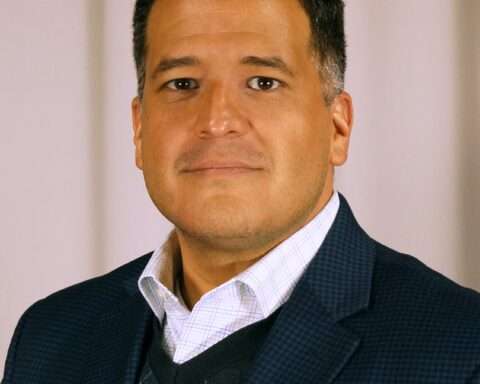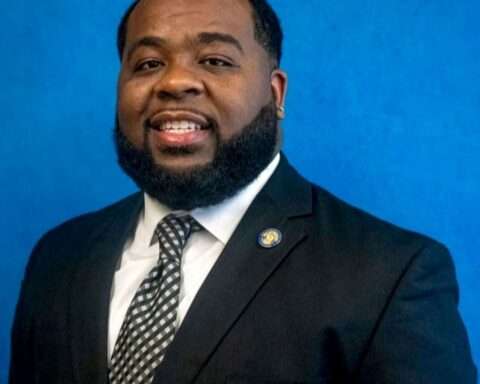In a move that signals a significant advance in Pennsylvania’s commitment to public transportation, Gov. Josh Shapiro has unveiled a 2024-25 budget proposal that promises a significant increase in funding for public transit.
Shapiro’s proposed budget would increase the state’s share of transit funding 1.75% – or $282.8 million – in 2024-2025. It would also add an estimated $1.5 billion in new funding over five years by reallocating a portion of sales tax revenue, earmarking it specifically for the commonwealth’s transit systems.
Governor Shapiro emphasized the practicality and necessity of this investment, linking it to job creation, economic growth and safe travel for Pennsylvanians. If passed, the proposed budget would mark the most substantial increase in state support for public transit since landmark legislation in 2013 secured $450 million annually from revenues generated by the Pennsylvania Turnpike.
The proposed budget increase would affect all public transit systems, but the largest increase is set to bolster the financially flailing Southeastern Pennsylvania Transportation Authority (SEPTA).
SEPTA, which serves five counties in the greater Philadelphia area and extends services to Delaware and New Jersey, operates a comprehensive network of regional rail, buses, trolleys, subways and a high-speed line, all of which are crucial to the daily commute of thousands.
The budget proposal comes at a critical time for SEPTA. In the absence of additional funds, the authority faces impending structural deficits that could surpass $240 million in its fiscal year that begins in July.
“The Federal COVID relief funds (which ended June 2023) were a lifeline to help us maintain services for essential workers during the pandemic, and be prepared to support local businesses, schools, and the recovering economy as more people came back,” SEPTA General Manager and CEO Leslie S. Richards explained. “SEPTA is doing its part but without assistance, the level of services we provide will be significantly diminished.”
If approved, the proposed budget will help SEPTA to meet its ambitious goals in its planned $12.6 billion 2035 capital budget, which seeks to refurbish and modernize the aging public transit infrastructure. Planned improvements to the system over the next decade include trolley modernization, railcar replacements, wayfinding improvements, accessibility enhancements and updates to legacy systems.
If the budget proposal fails to pass, SEPTA is likely to implement a fare hike of approximately 30% and a 20% reduction in service across buses, subways, trolleys and rail services.
In addition to the financial aspects of the proposal, Shapiro’s administration is calling on SEPTA to devise a concrete plan addressing safety, crime and cleanliness to ensure a secure and pleasant experience for all transit users.
All news and information on this site is provided by the team at Strategic Partnerships, Inc. Check out this short 1-minute video that provides a quick overview of how we work with clients.












